5 Sleep Habits That Make You Ugly
In such a hurried and hectic world, a good night's sleep has become very precious. Sleep allows our body and mind to rest during a busy day. A good sleeping environment, posture, and habits are necessary and sufficient conditions for a good night's sleep. But some sleeping habits may be slowly making us ugly! Check do you have any one of them!
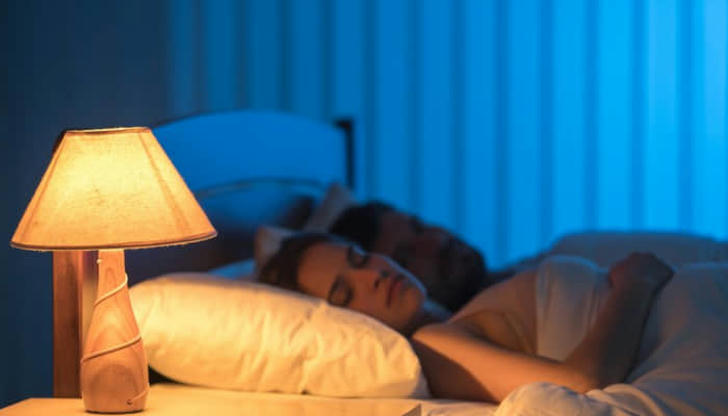
Sleep with Lights on
The presence of light is indeed a negative factor for sleep, because light may interrupt the sleep process, thereby reducing time and quality. If the quality of sleep is often poor, the secretion of leptin in the body will also be reduced, making people feel more hungry and want to eat high-calorie foods, so their weight may increase rapidly.
In addition, light exposure will also reduce the secretion of melatonin in the human body. The main function of melatonin is not to promote sleep, but to regulate the body's circadian rhythm, the "biological clock." The secretion of melatonin is reduced, the biological clock is disrupted, the quality of sleep is reduced, and the levels of other hormones also fluctuate. Over time, it enters a vicious cycle.
People who are afraid of the dark can try to slowly get rid of their dependence on light. Listen to soothing music before going to bed or do other things that can relax you and help you sleep, to transfer your fear of the dark. If your fear of the dark is due to the shadow left by your childhood, you can seek help from a psychological professional for effective solutions. Regardless of whether you are afraid of the dark or not, you can keep your curtains closed at night. Light sources that have an impact on the human body also include artificial light sources such as outdoor street lights.
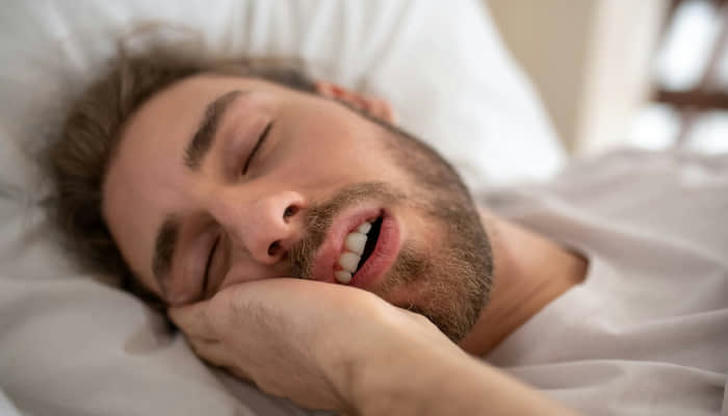
Sleep with Mouth Open
Sleeping with your mouth open for a long time may have the most intuitive impact on the human body, which may be changed in the face. In severe cases, it may cause facial deformities.
Normally, we breathe through our nose with closed lips and teeth barely touching. The tongue's position on the roof of the mouth aids facial development and tooth alignment. Mouth breathing disrupts this, potentially causing misaligned teeth, jaw issues, and neck problems. It can also lead to breathing difficulties and a domino effect on health. Nose hairs filter air, keeping germs and particles out. Without this barrier, mouth breathing allows them straight into the throat and lungs, increasing risks of oral and respiratory diseases. Long-term mouth breathing while sleeping can dehydrate the body and potentially cause gum, mucous membranes, and respiratory tract issues due to direct air exposure.
If you have the habit of sleeping with your mouth open, you must be aware of the adjustment and cooperate with the labiobuccal muscle training, that is, repeatedly holding a piece of cardboard between the upper and lower lips and quickly pulling it out so that the lips can naturally close and breathe through the nose. Of course, most of the fundamental problems lie in the poor respiratory tract. It is best to seek medical attention in time to find out whether there is rhinitis or adenoid hypertrophy.
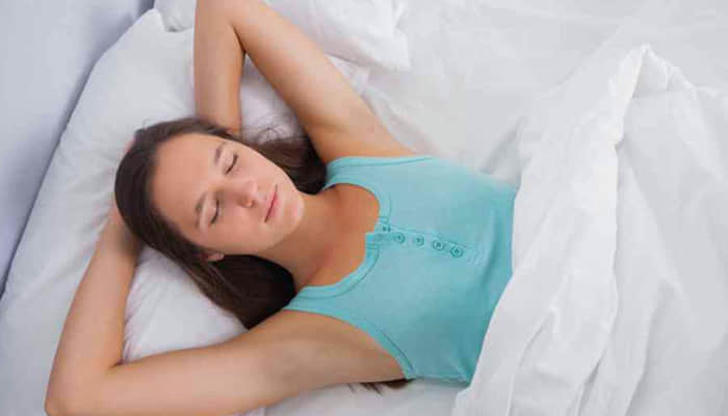
Sleep on Hands
In the dead of night, we often habitually put our arms under our heads to find a comfortable sleeping position. When we are tired, we may lie down on the table and take a nap, again using our arms as pillows. However, the seemingly comfortable posture hides health risks.
Pillowing your arms under your head will compress the nerves and blood vessels in your arms and impede blood circulation. If things go on like this, the arms are prone to numbness, tingling, soreness, and other sensations, which may even affect the flexibility and sensitivity of the hands. Sleeping on your stomach can also cause excessive curvature of the cervical spine and increase the burden on the cervical spine, which will easily lead to problems such as cervical pain and cervical spine lesions. In addition, it will cause pressure on the abdomen and increase intra-abdominal pressure. For people with gastroesophageal reflux disease, this posture is more likely to cause acid reflux, heartburn, regurgitation, and other digestive problems.
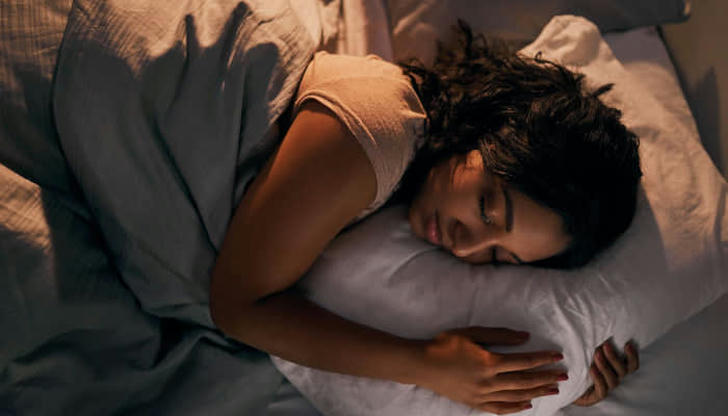
Lying on Side
Generally speaking, it is recommended to sleep on the right side. In this state, the limbs naturally bend, and the high position of the heart is not compressed. It is also helpful to maintain the normal physiological curve of the spine, reduce the pressure on the back and neck, and reduce sleep apnea.
But it also has drawbacks. For one thing, sleeping on your side may cause sleep wrinkles. When you lie on your side, your facial skin will directly contact the pillow and be squeezed, causing skin deformation and sleep wrinkles. On the other hand, side sleepers need to choose a suitable pillow, otherwise it will increase the pressure on the spine.
Therefore, you can also change the direction of sleeping on your side. Don’t let only one side of your face be squeezed. You hope that both sides can be pressed evenly and evenly.
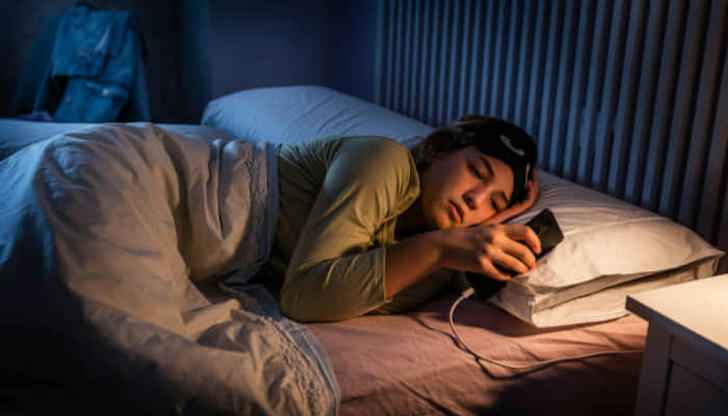
Stay up Late
When it comes to sleeping, we have to mention a common topic - staying up late. Perhaps the damage to the reproductive system and the increased risk of cardiovascular and cerebrovascular diseases seem far away from us, but memory loss, slow reaction, etc. can gradually be felt. Not only that, there are many visible changes: hair loss, acne...
So, when does sleeping count as staying up late? Currently, the recommended sleep time is 11:30 pm to 7:30 pm the next day, but this varies by environment and person. Some people are used to going to bed late and getting up late, such as going to bed at 2 p.m. and waking up at 10 a.m. Although this guarantees sleep duration, it is difficult to avoid the impact of light, sound, temperature, etc. on sleep quality, which may further affect the body's day and night. Rhythm. Therefore, ensuring sleep quality is more important than ensuring sleep duration.
If you find that you have bad sleeping habits, adjust them in time. Don’t let your body suffer too much during the precious time to rest and relax at night. Have a good, comfortable sleep, and face the new day with full energy!
